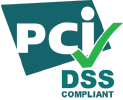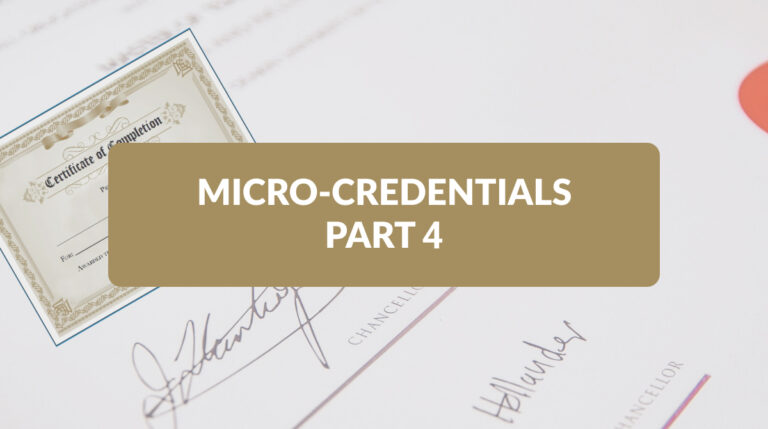What’s the best way to get your micro-credential(s) to market ASAP?
Simple. Contact Kryterion’s Psychometric Services team for the keen professional credential development insights and support you’re likely to need.
But wait. Please.

Assess your micro-credentials launch
readiness before initiation!
Before you plunge into a whirlwind of adrenaline-propelled, program-boosting micro-credential development, ask yourself: Am I ready to answer the questions a psychometrician will have for me?
What sort of questions?
Questions about your strategic plan, operational model, design and development processes, preferred delivery modes and maintenance requirements.
For example, what is your business case? How will you measure the success of your micro-credential(s)? In new revenue or an expanded market footprint?
And…
- How much market research have you done. What need does your credential meet?
- Have you determined your operational staffing and support requirements?
- What sort of micro-credential(s)? Stand alone? Stackable?
- What is the intended purpose of the micro-credential? What are the benefits of achieving the credential?
- Do you have a program and content maintenance plan in mind? What is the expected volume for the exam? How often will your content and items need to be reviewed and updated?
Good Questions Fuel Great Solutions

Your road to micro-credential success will almost certainly be built on a long, long list of accurately anticipated challenges and well answered questions.
Burning questions fuel innovation!
Happily, that potentially perplexing abundance has been captured, organized and turned into a helpful checklist by no less authority than the Institute for Credentialing Excellence (I.C.E.). I.C.E. is a premier, U.S.-based , non-profit that serves and supports the credentialing community with educational, networking and advocacy resources.
Its affiliate, the National Commission for Certifying Agencies, is a recognized authority for development of professional certification standards and evaluates compliance with them for accreditation purposes.
In short, I.C.E. is a reliable source of credentialing guidance. (In the interest of transparency, Kryterion acknowledges that it has been an active member of I.C.E. for many, many years.)
Find I.C.E.’s publicly available micro-credential development checklist, titled Phases of Microcredential Development, here.
This checklist is part of a Microcredentialing Tool Kit, created by I.C.E., that also includes a Case Studies section. The case studies are comprised of a four-part video series. Moderator Christine Mills, Ph.D., elicits key insights from three credentialing program leaders regarding their respective micro-credential development efforts. These, too, are accessible to all interested parties.
An associated Additional Resources section includes a variety of other informative materials, some of which are only available on a pay-to-view basis.
Do micro-credentials right. Do your due diligence.
One more suggestion. Before you reach out to Kryterion for support, review Micro-credentials: A Quick Guide for You. Created by Kryterion specifically for first-time micro-credential adopters, this balanced summary lays out the benefits and challenges that micro-credentials can offer.

That said, once you’re ready to talk to an expert about your credentialing aspirations, Kryterion is ready to talk to you.
We welcome inquiries about our programs and services. To schedule a conversation with a Kryterion Business Professional, complete and submit this short contact form.
Our experts specialize in the delivery of clear and helpful insights. You might find it empowering!
Don’t overlook these blog posts!
In Micro-credentials Part 1, Kryterion explored the concept of micro-credentials. Part 2 described how micro-credentials are used to build learning paths. Part 3 looked at the European Union’s rapid progress toward implementation of an international micro-credential system by 2025.
If you only harvest one golden insight from each of them, you’ll still be the richer for it.








